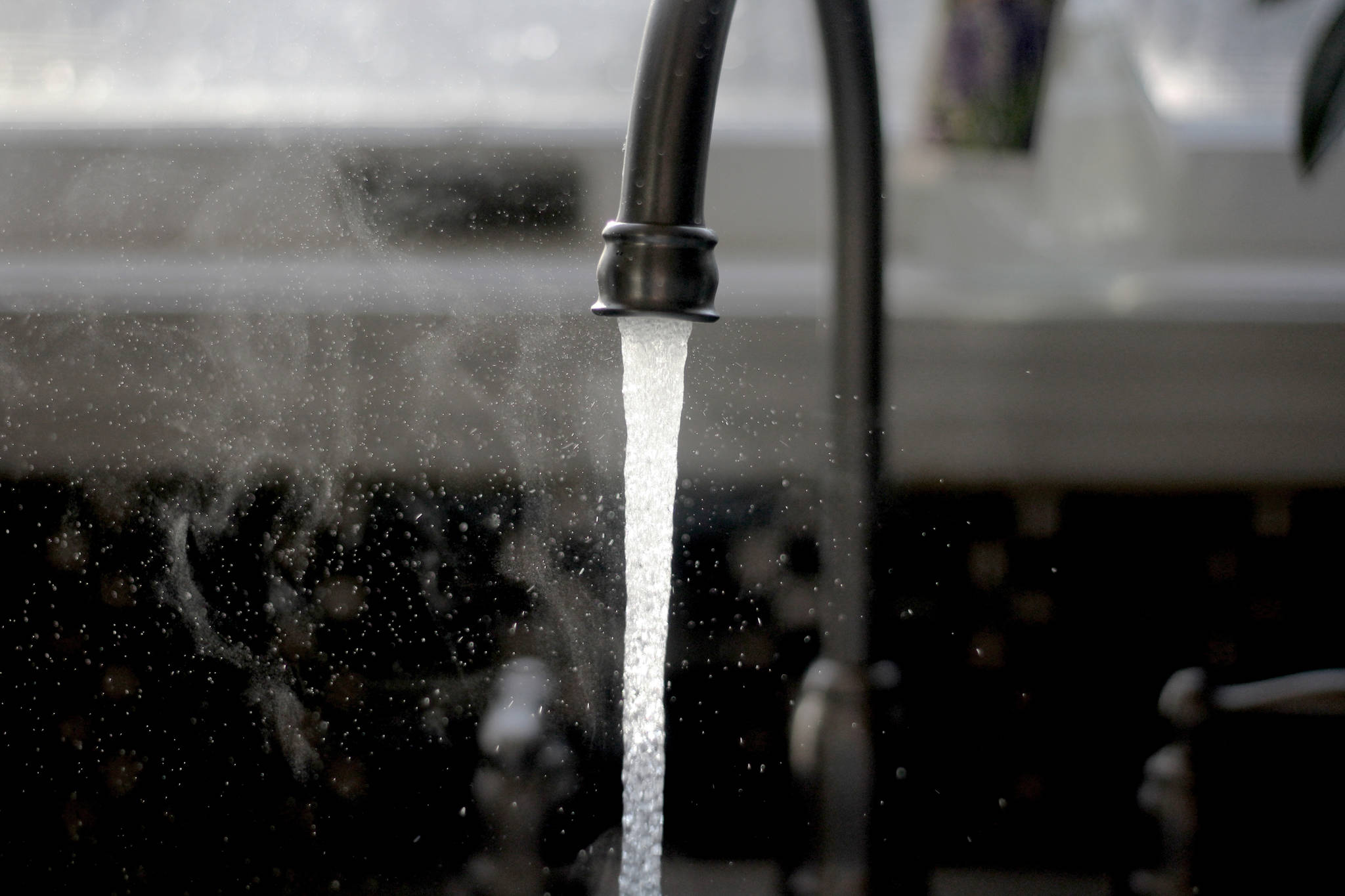Water and wastewater rates in the City and Borough of Juneau could soon be increasing.
The City and Borough of Juneau Finance Committee considered the possibility of such increases — possibly starting in January — during its Wednesday night meeting.
The general consensus among city officials is that an increase is needed, but there are competing ideas for how significant the increase should be.
The Utility Advisory Board recommended a 4 percent increase to both water and wastewater for each of the next five years, while City Manager Rorie Watt recommended a smaller 2 percent increase for the next five years.
The first increase in the manager’s recommendation would go into effect in January and the next increase would be set for July 2021 to soften the impact.
[One-woman musical about a labor icon returns to Juneau]
Watt said he was reluctant to water down what the UAB suggested in his recommendation, but he ultimately did.
“I am worried about the state budget and the impact on the cost of living in Juneau,” Watt said. “It’s not that I think we don’t have aging infrastructure, we do. There really should be no scenario where we do not keep pace with inflation.”
Watt and Mike Vigue, director for Public Works & Engineering Department, said the city’s water and wastewater programs are in relatively good financial shape, but the infrastructure that includes 180 miles of water pipe and 140 miles of waste water pipe is aging.
Assembly member Loren Jones said a potential rate increase would also coincide with the removal of a $4 hazardous waste fee from utility bills.
Watt’s recommendation estimates the rate increase for a typical single-family residential customer would be $3 per billing statement and also noted the removal of the $4 fee.
That means utility bills would stay relatively unchanged or even decrease, despite the rate increase.
Assembly member Wade Bryson asked if it would be possible to split the difference between the two recommendations.
“Since I’m torn, why not go down the middle?” Bryson asked.
Vigue said that is a possibility.
“There’s no reason to say it can’t happen except you need enough votes to do that,” Vigue said.
However, no action was taken, and instead the topic will be revisited during a June meeting.
[Changing climate could lead to a tick invasion]
“We have a lot to consider along with that one,” Jones said. “I will schedule this for June 12, in which we can do our homework in between. Then we can have a full discussion then. Then we can decide what to move on to the Assembly.”
• Contact reporter Ben Hohenstatt at (907)523-2243 or bhohenstatt@juneauempire.com. Follow him on Twitter at @BenHohenstatt.

